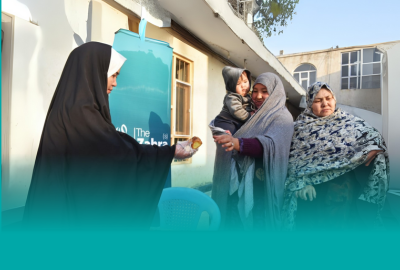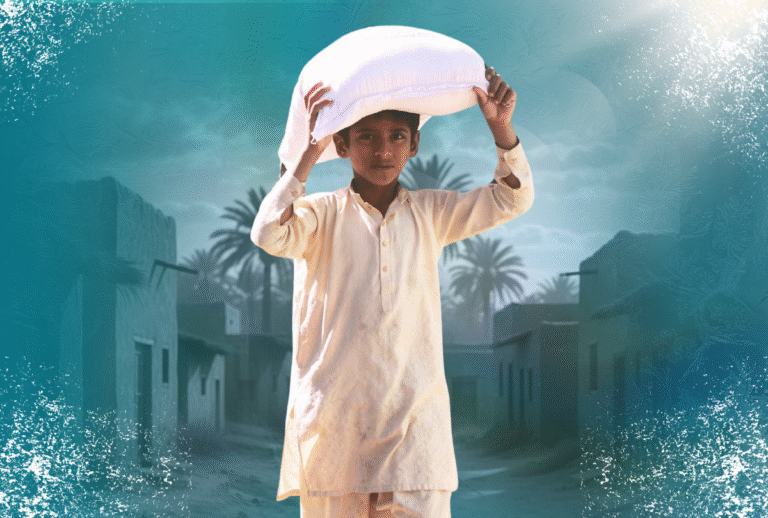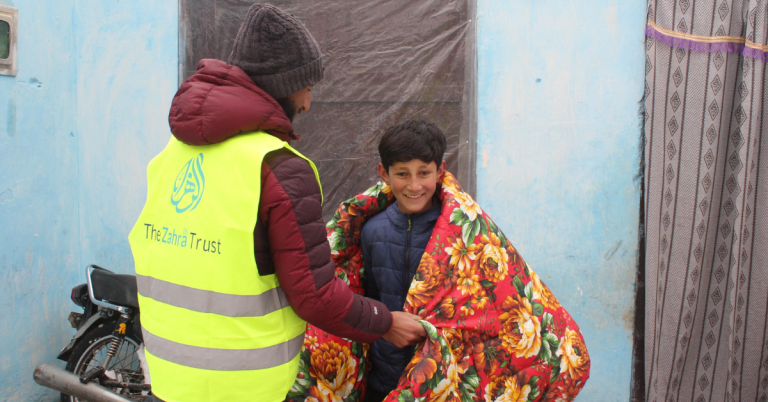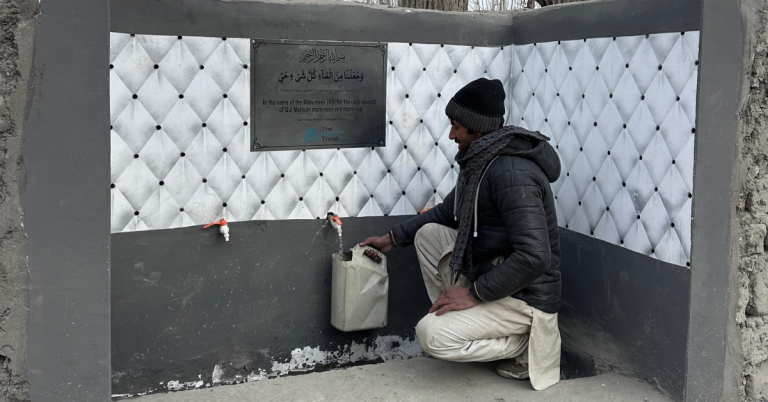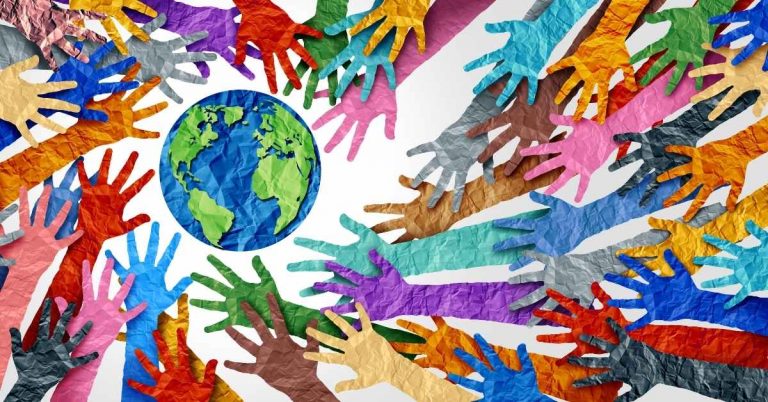5 Powerful Truths About Widows: What Life is Really Like and How to Help
When people think of widowhood, they often imagine loneliness and despair.
What’s less understood is the vulnerability that comes with this loss: financial, emotional, social, and even physical.
Life as a widow is not just about grief. It is about navigating a new, often uncertain world – with a sense of vulnerability.
1. Grief Is Not Linear
Many assume that grief follows a predictable path: sadness, tears, acceptance, and peace. But for widows, the reality is far more complex. The loss is never “over” – it simply changes shape.
2. The Financial Strain Can Be Overwhelming
Widowhood often thrusts women into positions of decision-making without any support. This includes anything from legal, financial, or logistical issues – and many face immense economic hardship if their spouse was the primary breadwinner. There’s a deep vulnerability in simply trying to stay afloat while managing overwhelming practical realities – especially if they are now the sole guardian of children as well.
3. Support Groups Can Fade
One of the most surprising things for many widows is the way their social world changes. Many have to deal with stigmatisation. Support groups seem out of reach. Society seems to disappear entirely.
4. The Strength You Don’t See
Widows are quietly strong in ways that often go unnoticed. Getting up each day, paying the bills, managing a household, showing up for children or grandchildren – these daily acts of bravery matter deeply. And yet, that strength doesn’t mean they don’t need help, care, or simple kindness.
5. Healing Doesn’t Mean Forgetting
There’s a misconception that if a widow starts smiling again or building a new chapter, she’s “moved on.” In reality, healing can coexist with remembrance. Many widows will continue to build their lives while still in sorrow.
What You Can Do
Remember that small gestures can mean everything – it doesn’t have to be a huge gesture:
- A comforting message of support.
- A quiet donation to charities who work face-to-face with vulnerable widows who are most in need.
- Raising awareness about the stigmatization that often follows widowhood.
- Learning more about the power of financial stability and independence through microfinance.
In Surah al-Baqarah of the Holy Quran, Allah (swt) states, “Those of you who die and leave wives behind should make a bequest in favour of their wives for their maintenance during the waiting period of a year, without turning them out of the house.” (2:240)
Note: Verse 240 reflects an earlier custom of a one-year waiting period for widows, which was later replaced by the four-month-and-ten-day ʿiddah in verse 234.
A narration from Imam Ali (as) also says, “Injustice to orphans and widows brings down divine wrath and takes away the blessings from those who possess them.”
(Ghurar al–Hikam, h.5770)
To address any problem we must first acknowledge it – and sometimes simply acknowledging the lack of support that is prevalent in so many countries around the world is a step in the right direction.
And if you are a widow reading this: your journey is valid, your vulnerability is real, and your strength – though you may not always feel it – is incredible.
FAQ
Widows often experience deep grief, loneliness, and identity shifts after losing a spouse. Grief is rarely linear and can return unexpectedly, making emotional recovery complex and deeply personal.
Widows can be financially, emotionally, and socially vulnerable, especially if they relied on their spouse for income or decision-making. They may also face exploitation, social isolation, or difficulty navigating life alone.
After the death of a spouse, many widows notice a change in their social circle. Friends may pull away or avoid conversations due to discomfort, leaving the widow feeling further isolated during an already difficult time.
Yes. Grief doesn’t have a timeline. Widows may continue to feel the loss of their spouse for years, even while rebuilding their lives. Healing and remembering can exist side by side.
Offer consistent support through small gestures – listening, checking in, or helping with tasks. Avoid clichés and instead be present, compassionate, and patient with their healing process.


 Donate Now
Donate Now
 Donate
Donate
